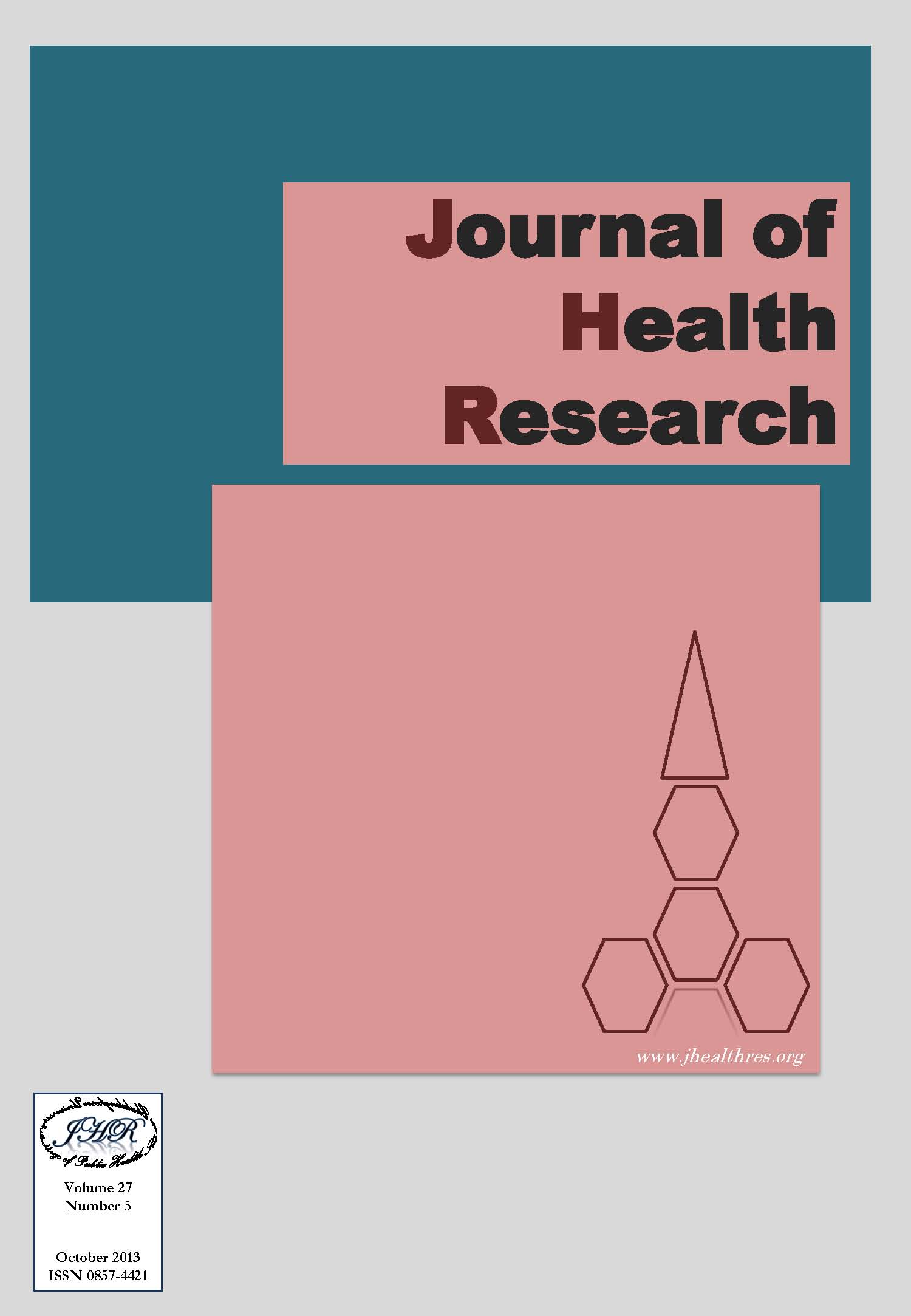Factors Affecting Utilization of Immunization Services among Mothers with Children Aged 12-23 Months in the Rural Areas of Lalitpur District, Nepal
Keywords:
Immunization, Mother and child, Rural, Anderson’s Behavior Model of Health Service, NepalAbstract
Immunization is one of the most cost effective public health interventions. In public health, vaccines have a major contribution in eradicating dreadful disease for instance small pox. Currently by targeting children under 5 years, it has been trying to eradicate the poliomyelitis from the worldwide. However, still on account of some issues and factors, there is low immunization coverage in many countries. This cross-sectional descriptive study aimed to describe the factors affecting utilization of immunization services among mothers with children aged 12-23 months in the rural areas of Lalitpur district of Nepal. A total of respondents (n= 300) from five Village Development Committees (VDCs) were selected by using multistage cluster sampling. The results showed that most of respondent’s children (92 percent) were fully immunized with all eight vaccines as recommended by the WHO. While about 8% of respondent’s children were partially immunized with some vaccines. In addition, mothers with good knowledge on immunization were more likely to use immunization services than those mothers with poor knowledge. While mothers who had high perception towards immunization were more likely to use immunization services as compared to mothers with low perception. The results from multiple logistic regressions showed that maternal age (p=0.011), ANC visits (p=0.003) and maternal perception (p=0.017) were significantly associated with full immunization. One of the principles of primary health care is community participation and an effective primary health care relies on active participation. While this study also revealed that mothers who actively participated in their children's health by keeping the vaccination card were more likely to fully immunize their children than those mothers without card. In order to achieve complete vaccination, focus should be placed on education regarding vaccine preventable diseases and the consequences of incomplete immunization on specific vaccines. Community health education should be provided to motivate mothers for effective use of immunization services.






